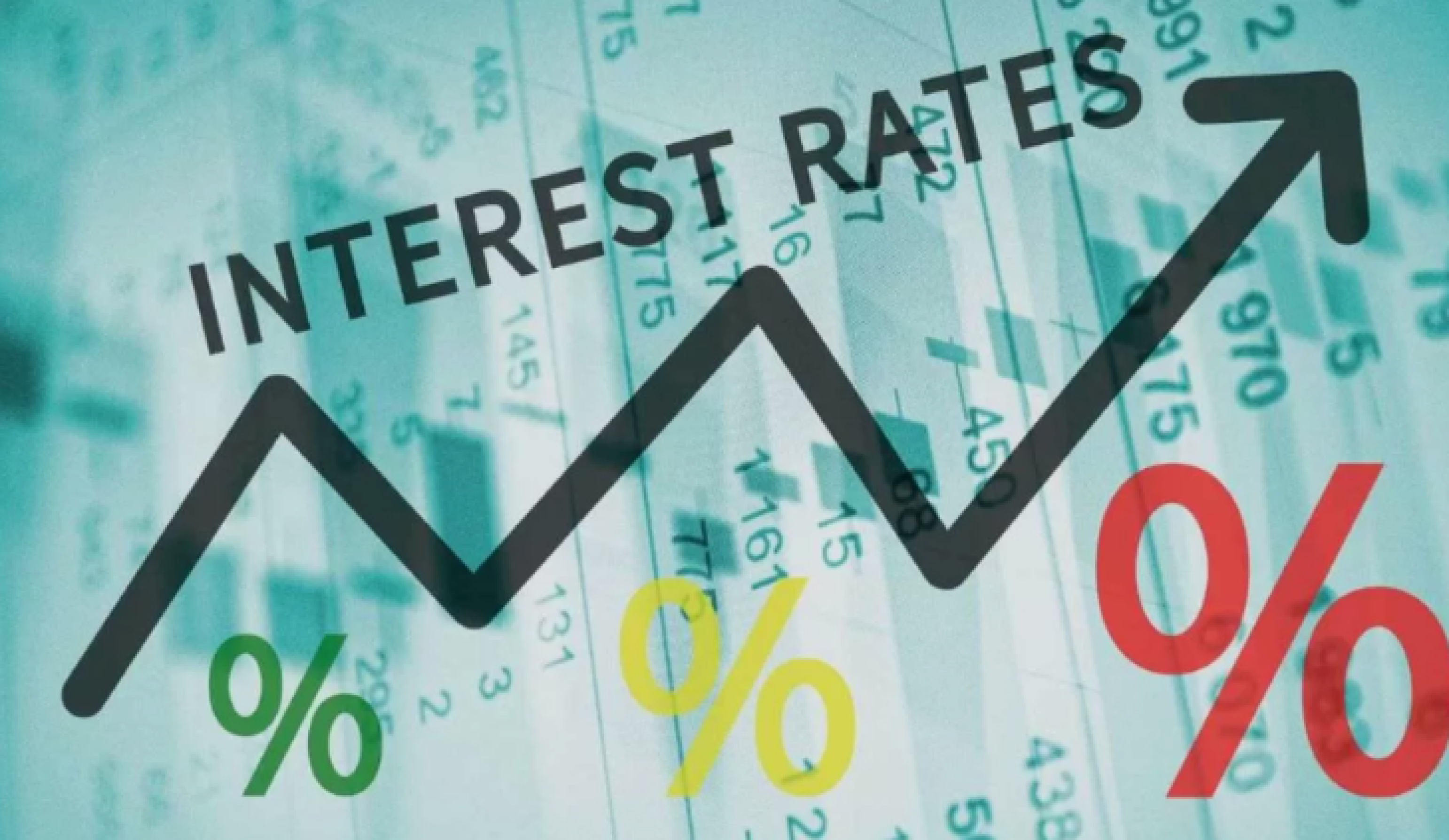BlogsThe ABCs of Interest Rates: A Simple Guide
The ABCs of Interest Rates: A Simple Guide

Kashti Team
17 Sep, 2024 | 5 Min Read

Have you ever heard someone else talk about an interest rate, and all it did was confuse you and make you wonder what interest rates mean or why it should concern you? You need not be alone. Interest rates are one of those things that are entirely confusing at first, but in reality, they are way too easy.
What Is an Interest Rate?
Interest Rate is simply the cost of borrowing money or the reward for saving it. Interest is paid whenever one borrows money, such as when taking out a loan. In this case, the lender will charge you interest as a percentage of the amount borrowed. It is through such interest that the lender earns his money. On the other end, any time an individual saves money in a bank account, the bank will repay that money with interest to appreciate you for depositing your money with the bank. Think of interest rates being equivalent to the price of money. You pay a price for whatever you buy from a shop and a price (interest) for using money lent by a bank or any other financial institution.
Types of Interest Rates
Fixed vs. Variable Interest Rates
A fixed interest rate remains constant over the life of your loan or investment. That means your payments or returns will stay the same, making budgeting easier.
A variable interest rate may change over time as the market changes. This might mean that your payments will increase or decrease based on the direction of the change in the interest rate.
Simple vs. Compound Interest:
Simple interest only applies to the principal amount one has borrowed or saved. For instance, if a savings account earns simple interest, you will get interest only on the money you initially invested.
Compound interest is calculated on the original amount plus any interest already added. It means that your interest can earn interest, growing your savings more quickly or increasing the amount you owe on a loan over time.
What Are Interest Rates Used For?
Borrowing and Lending:
When one takes out a loan for a car, house, or anything else, this rate will be the basis for the extra amount on top of the loan's original amount that one will pay back. If the rate is high, then one pays more back. If the rate is low, one saves money.
An interest rate is the rate at which your money will be appreciated when placed in a deposit account, fixed deposit, or investment. Therefore, a high interest rate will accelerate your savings growth, and a low interest rate will result in slow growth.
Interest Rates and Loans
Impact on Loan Repayments:
The higher the interest rate, the higher your monthly payment. If you take a 10% interest rate loan, your monthly payment will be greater than the one you would take with a 5% rate.
EMIs (Equated Monthly Installments):
When you borrow, you pay back in EMIs, equated monthly instalments, for the loan you acquire. The interest rate determines the payable amount in each installment. With a higher interest rate, the EMIs would be higher, making the loan more expensive.
Interest rates are a key feature to compare when looking at different loans. While a lower rate usually means you will pay less over time, consider other factors, like fees and repayment terms.
Factors that Affect Interest Rates
Economic Conditions:
Things such as inflation (which would mean prices are increasing), the policies of the Reserve Bank of India, and the economy's performance would all influence interest rates. For example, if inflation is high, RBI might increase the interest rate to curb it.
Credit History:
Credit history plays a massive role in the interest rate you're offered, which is subject to lenders viewing you as somewhat risky. There's a positive indication that if your credit score is good, there is a relatively high probability that you will get a lower interest rate. Likewise, if your credit score is poor, you will likely get a higher rate because the lender sees you as a significant risk.
Supply and Demand
Like products in a store, the supply and demand for money determine its price, which in turn determines interest rates. If there is more demand for borrowing money than the amount prepared to be lent, then interest rates will be forced upwards.
Interest Rate Myths
Myth 1: Low Interest Rates Equal a Great Deal:
While a lower interest rate is generally good, it's not the only thing to consider. Sometimes, more extended terms or hidden fees that can cost you money are included as a part of the cost of lower-interest loans.
Myth 2: Fixed Rates are Always Better than Variable Rates:
Fixed rates offer the advantage of the predictability of borrowing costs, but in some cases, a variable rate may be the better choice if you think interest rates are going down. It depends on the circumstance.
Conclusion:
Interest rates could be another complicated word attached to money. However, they can shape some of the most essential things in your life. When you know what interest rates are, you can understand how they could affect your decision-making by borrowing, saving, or investing money. The next time you read or hear about interest rates, you will clearly understand what they mean about your money, and that is the key to mastering your money.

